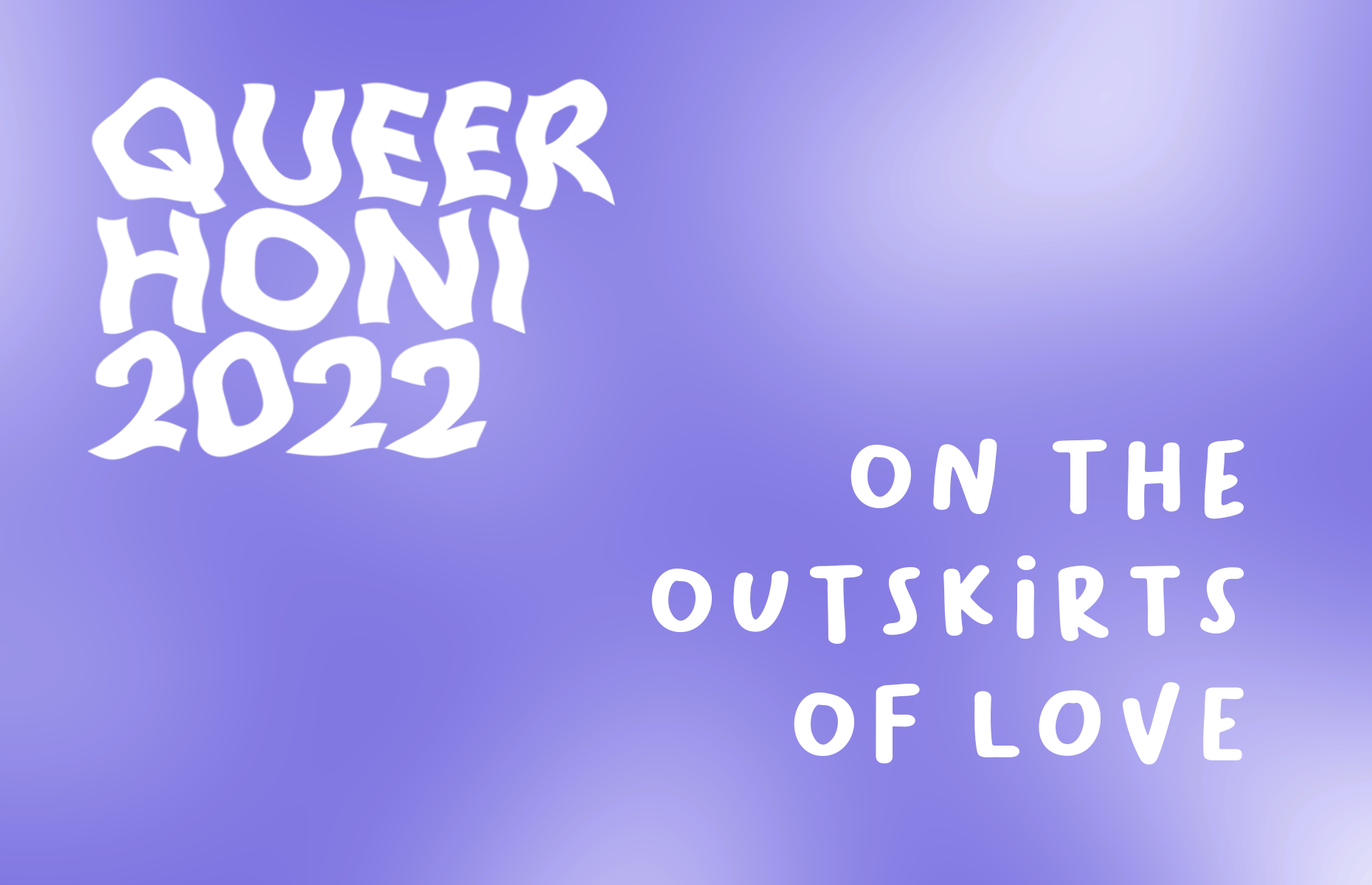An attractive blonde woman slips herself into the back seat of a convertible. Her black platform stilettos kick up over the seat, showing off her thigh-high stockings and short skirt. She undoes the ribbon tying her pink cardigan together, the close-up of her chest revealing plump cleavage. Fanning herself, she writhes in ecstasy, throwing her head back. She takes the strap of her dress in her hand and, in slow motion, slides it off her shoulder, revealing a black bra strap. In the next shot, the woman is lying on her back; the hem of her dress has ridden up to her hips and her legs are thrown over the back of the seat. Her lacy black lingerie is exposed for all to see.
This is an advertisement for a burger.
Sexuality has long been used as a means of strategic and heteronormative persuasion. Think the trope of the coy seductress tempting wealthy men to give up their fortunes, or the practice of putting scantily clad, conventionally attractive people in commercials, especially for non-sexual things such as food. Think of car commercials with beautiful women draped over the hood, or cruise ship commercials with shirtless, muscular men lounging in spas. In modern Western media, the word ‘sexuality’ has become more synonymous with sensuality and eroticism than sexual orientation.
Look at me, this woman says. Doesn’t the sexiness of my burger-eating make you want to buy it?
Or something like that. I wouldn’t know, because I watched this commercial with clinical apathy, only mildly uncomfortable at having it displayed on my computer screen.
I have long since accepted the awkwardness I feel when they pop up. The fact that these advertisements are designed to appeal to and attract people makes them not designed for me.
Still, it’s more than a bit alienating. Every comment I read under that Youtube video was in support of it. I miss these ads, they read. Bring these ads back. Not one stood in solidarity with how I felt.
I was taken aback. Did people actually enjoy watching a woman present herself sexually on a television advertisement? Did they derive feelings of enjoyment, rather than the sudden discomfort I was feeling?
Clearly, they were the target audience, while I was not.
Don’t misunderstand me. This is not a call to make sex taboo. I am all for sexual liberation, particularly for women and queer people, and the exploration of sexual themes in media. But the complete ubiquity of this phenomenon is isolating and alienating for those who cannot participate.
I do not expect the world to cater to me, but I do wish I could enjoy a popular movie or TV show without having to skip past an uncomfortable and often unnecessary sex scene. I wish I could simply enjoy the plot of a story without the seemingly mandatory addition of one or multiple love interests, or a romantic side plot.
So many common tropes are romantic or sexual in nature. Friends to lovers, where deep platonic intimacy is a sign of romantic or sexual attraction, causing it to evolve into something more. Enemies to lovers, where anger and tension between two characters develops into a different kind of tension. An independent, often emotionally distant character focusing on their career as an excuse why they are uninterested in relationships. Their feelings are “fixed” by the love interest, implying “you just need to find the right person”.
This kind of message frustrates me to no end. It implies that romantic and sexual relationships are not only essential and inevitable, but also that they are somehow of higher value than platonic relationships. They argue that platonic relationships cannot be intimate unless they evolve into romanctic and/or sexual attraction. Perhaps it stems from the expectation that a romantic or sexual relationship should take priority over family or friendships. But the idea that intimacy cannot exist without sexual connection, or that a non-sexual relationship cannot be intimate, results in a lot of alarming behaviour.
People may believe that a romantic relationship without sex might as well be platonic. They may view sex as the inevitable result of a social transaction. I’ll do nice things for you, and in return, I get to have sex with you.
This is insulting, patronising, and often sexist. It leads to individuals — often cishet men — feeling entitled to sexual favours from their partners, and getting angry when said partner refuses to comply.
I do love some of the aforementioned tropes. They can be well written and extremely enjoyable, but I occasionally wish to see something different. Two close friends move in together and adopt three dogs, neither of them having a romantic or sexual partner, and neither of them wanting one. The independent character who values their career excels in it, the story depicts how they overcome the challenges they face, rather than sidelining the story for a romantic subplot.
The media is designed to reflect what the apparent majority wants to see. But to minorities that it does not serve, it creates a divide — both in shared experiences, and in diversity of worldview. Without representation of a diverse range of experiences in media, asexual and aromatic individuals will never be fully included or validated in society.
Asexuality is defined as the lack of sexual attraction towards others. It does not necessarily imply a lack of other types of attraction, such as romantic, aesthetic or sensual attraction. It is often but not always accompanied by aromanticism, which is defined as the lack of romantic attraction. Asexual people are able to become aroused and can range from high sex drive to sex-averse to sex-repulsed.





